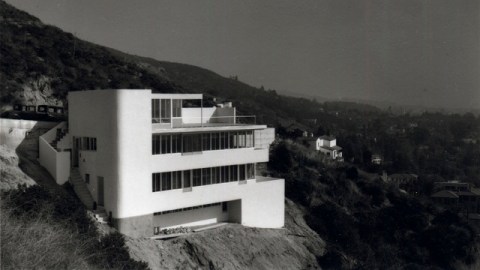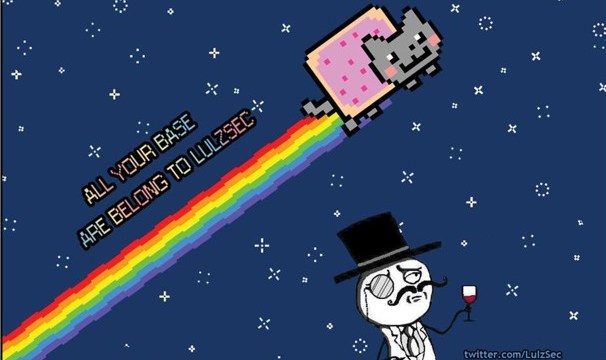Julius Shulman’s Los Angeles Love Story

From neon-lit “La-La Land” to dark, gritty L.A. Confidential and L.A. Noire, the city of angels—Los Angeles—has occupied a place in the public’s imagination in many forms. In Julius Shulman Los Angeles: The Birth of a Modern Metropolis by Sam Lubell and Douglas Woods, we see through the eyes of a true lover of the city. “My father Julius Shulman grew up with Los Angeles,” Judy McKee, Shulman’s daughter, suggests in her tender foreword. In a stunning array of black and white as well as color photographs, Julius Shulman Los Angeles tells a love story between a talented photographer and his home city, the “girl next door” that became the love of his life and to whom he devoted his talents.
At the tender age of ten, Shulman moved to L.A. with his family in 1920, when the city itself was just entering its awkward adolescence. As his daughter recounts, Shulman’s childhood of Boy Scouts and experimenting with a Brownie camera prepared him first for surgical photography during the later years of World War II and then for a different kind of visual dissection. When architect Richard Neutra saw some of Shulman’s photos of modern homes built in the L.A. hills, including his Kuhn House (shown above), he expressed his admiration and an architectural photographer was born.
But Shulman was much more than “just” an architectural photographer. “Shulman’s complete career as a photographer,” Lubell writes, “one which explored not only architecture, but street photography, night images, portraits, even celebrity work… document[s] not only the innovative, energetic, and ever-changing architecture of the time but also the context that made this photography special: a rapidly growing, electric place that, like Shulman, was coming into its own.” This special symbiosis between city and artist served both parties well. Shulman made Los Angeles look like a magical place, and the city and Shulman began to believe in the magic. “[I]n front of Shulman’s lens, all was right with the world,” Lubell muses. “California was still the ‘next big thing,’ and every move it made seemed like the right one. There was nobody better to capture it than the tireless, relentlessly positive Shulman, an embodiment of his age if there ever was one.” With the horrors of the Great Depression and World War II behind them, Shulman and his city forged ahead into a better and brighter future, with modern architecture leading the way.
The selection of Shulman’s photography (a generous helping of 180 images) more than backs up these words. The famous architectural photos are all there: Neutra’s Kaufmann House, Pierre Koenig’s Case Study House No. 22, John Lautner’s Chemosphere, and Frank Lloyd Wright’s Freeman House. Landmarks such as Grauman’s Chinese Theatre and Simon Rodia’s Watts Towers shown on facing pages the diversity of Shulman’s city. A photo of L.A.’s City Hall reflected in rain puddles transforms it into a West Coast Taj Mahal. The vast majority of images are reproduced in heart-breaking black and white beauty, but a smattering of color pictures reminds us that it wasn’t a black-and-white world. My favorite among the color photos is Shulman’s nighttime shot from inside Koenig’s Case Study House No. 22 in which a white dinner jacketed man looks out upon the lights of the Hollywood Hills—a scattering of stardust on a city of dreams as powerful as Shulman’s Los Angeles dream.
“He was a force of nature with a huge spirit,” McKee concludes her tribute to her father, “fascinated with possibilities.” Julius Shulman Los Angeles: The Birth of a Modern Metropolis celebrates the very idea of possibility, whether making a city out of a wilderness, making art out of architecture, or making art out of a city itself. Love is always a leap of faith. Julius Shulman took that leap over and over until his death in 2009. Looking at his photography, you’ll want to leap, too.
[Image: © Craig Krull Gallery, Santa Monica, Julius Shulman Los Angeles: The Birth of a Modern Metropolis by Sam Lubell and Douglas Woods, Rizzoli New York, 2011. Richard Neutra’s Kuhn House, 1936; Shulman’s first photograph of modern architecture.]
[Many thanks to Rizzoli for providing me with the image above from and a review copy of Julius Shulman Los Angeles: The Birth of a Modern Metropolis by Sam Lubell and Douglas Woods.]





